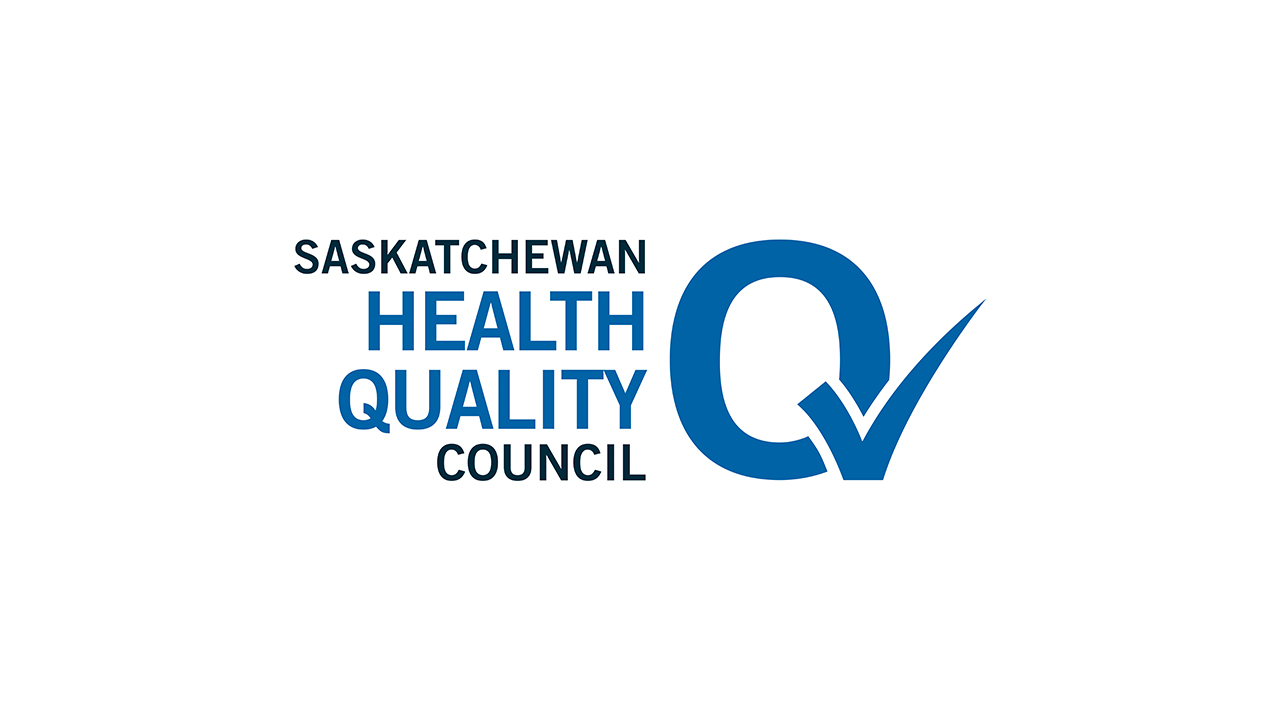Increasing the involvement of patients and families. Reducing surgical wait lists. Managing with Lean. Making health care safer. Eliminating waits in Emergency.
Much is being done to improve the quality of health care in Saskatchewan. On May 6th and 7th, more than 500 leaders, providers, and patients from around the province will gather in Saskatoon for the 2014 Health Care Quality Summit, to celebrate achievements, share lessons learned, and discuss the work that lies ahead.
This year’s event features an exciting lineup that includes internationally recognized keynote speakers, panel presentations, Saskatchewan stories, a patient panel, a public forum, and awards for teams and individuals.
• Can we be both Lean AND creative? The Virginia Mason experience: Paul Plsek (Keynote) Through powerful stories and concrete examples, Plsek will share how Seattle’s Virginia Mason Medical Centre has created a culture of innovation, providing tools for everyone to think differently about their work and radically transform the care and services they provide.
• What did I learn from a patient today? Leslie Thompson, CEO of Kingston General Hospital, ON (Keynote) At Kingston General, patients and families are fully engaged in planning and decision-making about care and service. Thompson will discuss what patient-centred leadership truly looks like and what it takes to make patient- and family-centred care part of the fabric of an organization.
• Dying for patient- and family-centred care (Patient Panel): Hear the stories of a patient, family member, and physician, who will share their perspectives on the barriers to, and the benefits of, working in partnership with each other.
• What the Kaizen? (Panel Presentation): Leaders from across the province will share their stories and insights on how the lean journey, to date, has affected their perspectives, their work, and their relationships.
• Patients as Partners: Can You Imagine? (Public Forum): What does being “Patient First” really mean? What would be different in our health system as a result of being “Patient First”? What is your wish list of things that should be done tomorrow, next year, and for the next generation? Citizens will share their answers; a panel of health system leaders will respond to those ideas.
May 6, 2014
Making health care better, safer for Saskatchewan patients: 4th Annual Health Care Quality Summit



